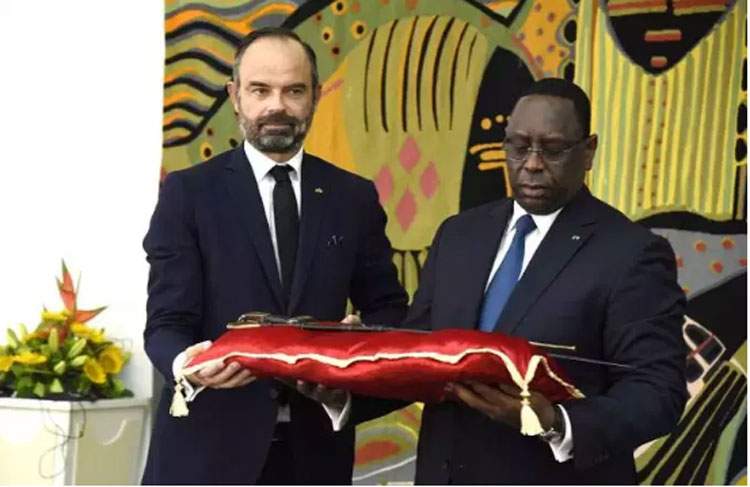France will return art objects looted during colonization to Africa
France will permanently return art objects to Senegal and Benin: the government has considered the first bill to transfer ownership of objects that are part of these countries’ cultural assets taken by the French during the colonization of Africa. In the coming months, therefore, twenty-six objects from the treasury of the King of Abomey in Benin will permanently return to African ownership.
The return “makes explicit the great commitment made by the President of the Republic so that the new generations of Africa have the opportunity to access their heritage, their history, in their land,” said Emmanuel Macron’s spokesman Gabriel Attal. This is “one of the main stakes essential to a new friendly relationship between France and Africa.”
The bill allows “with a limited derogation from the essential principle of inalienability applicable to public collections” the transfer to Benin of ownership of twenty-six objects looted from the palace of the Abomey royals by French colonial troops in 1892. Currently stored at the Musée du quai Branly-Jacques Chirac in Paris, they will be displayed in a public place in Benin.
To Senegal, France instead formally returns a saber that former French Prime Minister Edouard Philippe had symbolically handed over in November 2019 to President Macky Sall in Dakar. It is a significant weapon because it belonged to the circle of El-Hadji Oumar Tall, a Muslim leader who conquered a vast territory straddling Senegal, Guinea, and Mali in the 19th century and fought against the French colonial army. The government points out that for both countries, “the bill provides for a maximum delay of one year for the French authorities to return these works.”
Macron had announced this decision in late 2018, when a study by academics Bénédicte Savoy and Felwine Sarr identified the presence of 90,000 African works in French museums.
Pictured is the 2019 presentation of the saber to Senegal’s President Macky Sall in Dakar by former French Prime Minister Edouard Philippe.
 |
| France will return art objects looted during colonization to Africa |
Warning: the translation into English of the original Italian article was created using automatic tools. We undertake to review all articles, but we do not guarantee the total absence of inaccuracies in the translation due to the program. You can find the original by clicking on the ITA button. If you find any mistake,please contact us.



























